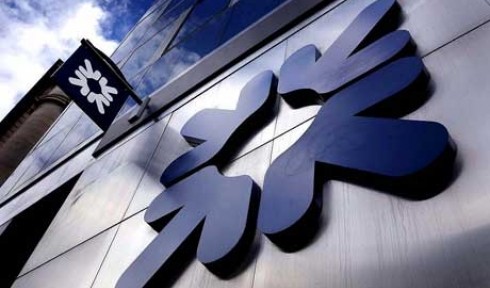The Office of Fair Trading imposed the fine, on the majority state owned bank, after RBS admitted some of its staff had secretly revealed how much they intended to charge professional services companies, such as solicitors, estate agents and accountants, for loans.
Between October 2007 and February or March 2008, RBS staff told counterparts at Barclays both generic and specific details about their bank’s loan facilities, either over the phone or during social, client or industry events.
This information was used by Barclays staff to set the pricing of its own loans, the OFT said. This suggests that some customers could have been charged more for their borrowing.
The offences took place in the first few months of the credit crunch, at a time when banks found it much harder, and more expensive, to borrow from each other in the wholesale money markets.
RBS said that two employees were to blame. “This is a deeply regrettable and isolated case from nearly two years ago, involving only two members of staff, one of whom has left the bank and one other who faces suspension and further investigation now the case has been settled,” said an RBS spokeswoman.
“We have co-operated fully with the OFT throughout and have introduced stringent additional competition law training to ensure that this unacceptable behaviour does not happen again,” she added.
Barclays said that it had “voluntarily notified” the OFT that certain members of its professional services team “had been approached from outside Barclays in a manner which we regarded as inappropriate”.
“As a result, the OFT conducted an investigation with which Barclays has been co-operating throughout,” the bank added.
RBS’s initial fine was £33.6m, but the OFT cut the penalty after the partially nationalised bank admitted the offences and co-operated. Barclays, which blew the whistle to the OFT, avoided a fine.
The OFT said the case showed that companies that disclose confidential future pricing information to competitors risk a substantial penalty.


